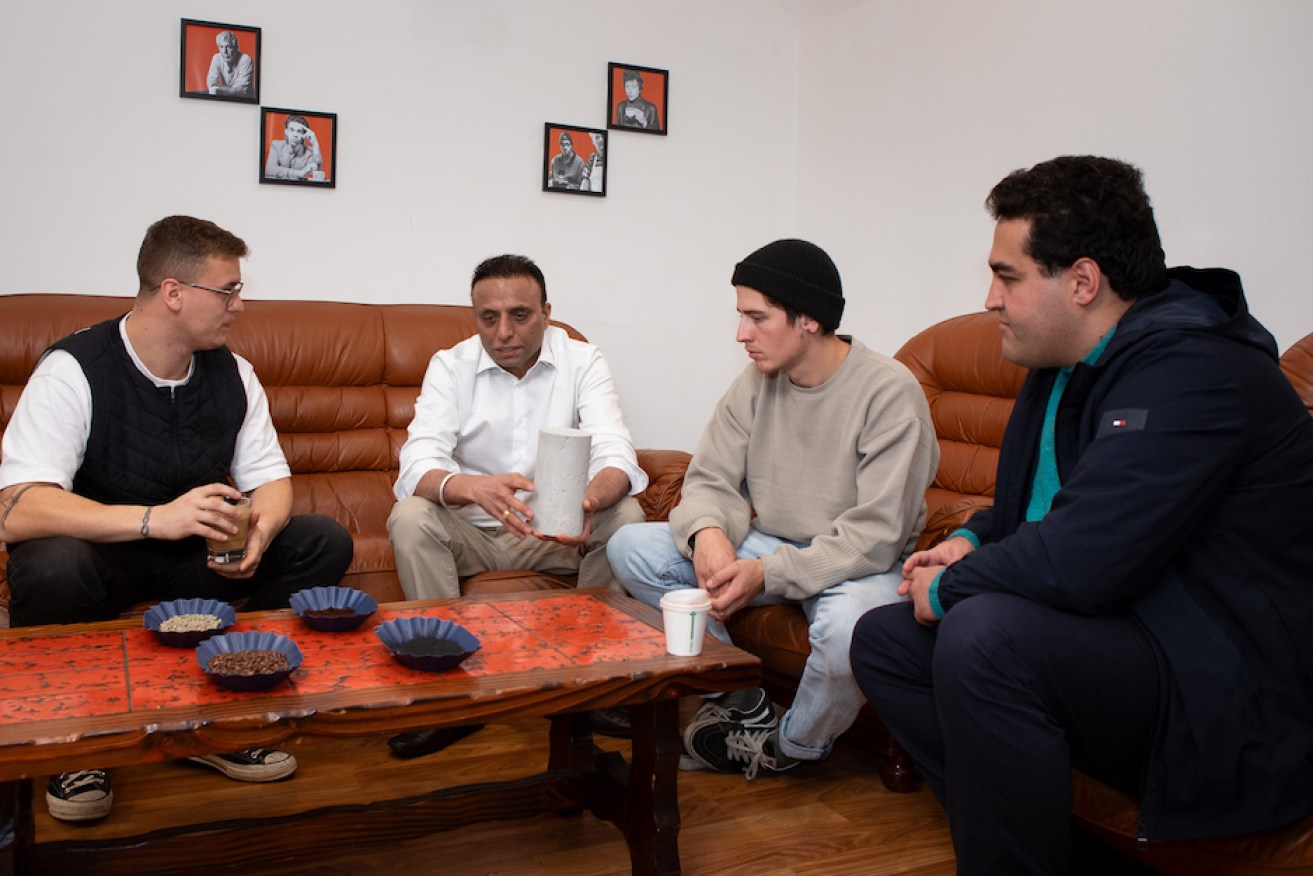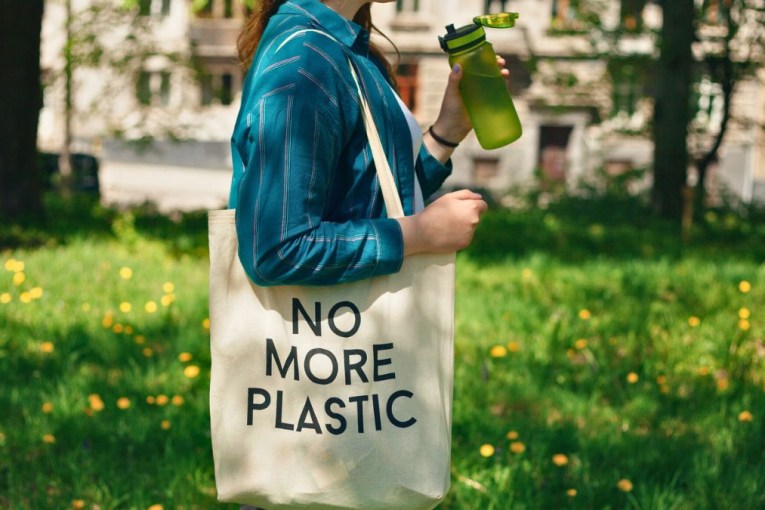Australian engineers make cement even stronger with used coffee grounds


Engineers from RMIT made cement stronger with used coffee grounds. Photo: RMIT
Australian engineers have found a way to use coffee grounds in concrete, which they believe will help build a more sustainable future.
The idea was sparked during the pandemic when RMIT researchers met for a coffee with the goal of finding a recycling solution for organic waste.
“Because most of the organic waste ends up in landfills and they produce high greenhouse gas emissions, which is currently around 3 per cent of Australian greenhouse gas emissions,” Dr Rajeev Roychand from RMIT University told The New Daily.
“And coffee waste was one of them.”
Australians love their coffee, which is why as a nation we generate 75 million kilograms of ground coffee waste per year.
Adding any organic matter to concrete as is can be detrimental, because it can hamper its strength, Dr Roychand said.
A substitute for sand
But the engineers were able to turn waste coffee grounds into biochar, using a low-energy process without oxygen at 350 degrees Celsius.
The biochar is similar to sand, a key material in concrete, in both structure and particle size.
Not only does this process save coffee grounds from going to landfill and therefore reducing waste and minimising environmental harm, the concrete with biochar was 30 per cent stronger than traditional concrete.
Dr Shannon Kilmartin-Lynch, a Vice-Chancellor’s Indigenous Postdoctoral Research Fellow at RMIT, was the joint lead author alongside Dr Roychand. This project was important to him for a number of reasons.
Firstly, as a Taungurung man from Mansfield in Victoria, caring for country is front of mind for him.
“Being able to have sustainable outcomes and ensuring a circular economy where nothing goes to waste, or as bare minimum as possible goes to waste, is very important in my inherent values,” he told The New Daily.
It’s not the first time Dr Kilmartin-Lynch has used a circular economy approach to tackling waste.
He was part of RMIT’s School of Engineering team that looked into whether PPE such as isolation gowns, face masks and rubber gloves could be used to create concrete.
Coffee ticks every box
He also said that while coffee does break down in landfill, it still releases methane and other greenhouse gases.
Mining concrete is a very extractive industry, which also affects the environment.
“The ongoing extraction of natural sand around the world – typically taken from river beds and banks – to meet the rapidly growing demands of the construction industry has a big impact on the environment,” said corresponding author and research team leader, Professor Jie Li.
“There are critical and long-lasting challenges in maintaining a sustainable supply of sand due to the finite nature of resources and the environmental impacts of sand mining,” Professor Li said.
Dr Kilmartin-Lynch added: “As much as we can limit that [mining] taking place, then [it] works out for the best.”
Dr Roychand said using coffee ticks all the boxes, as it cuts down on the need for sand to be mined, while supporting sustainability and recycling efforts.

The stages of coffee: Raw beans (top left), roast beans (top right), used grounds (bottom left) and biochar (bottom right). Photo: RMIT
A more sustainable future
Although the research is still in its early stages, the signs are already positive.
Some councils have expressed interest in the work the engineers at RMIT are doing.
Dr Roychand said support from the government is crucial as the concrete industry tends to be a little more conservative in terms of adopting anything new.
It doesn’t just stop at coffee, Dr Kilmartin-Lynch said.
The researchers are also looking at other organic waste that could be turned into biochar to create concrete.








